Food & Trees for Africa is a non-profit organization addressing food security, environmental sustainability and greening. They aim to address these branches by planting trees and encouraging small-scale farming, food gardening, skills and education.
We are huge believers in the work that they do, most specifically in the food security realm. Broadly speaking, Food & Trees for Africa’s food security efforts can be divided as follows:
- Community Market Gardens is a vegetable production initiative suited to the South African agriculture landscape.
- What is a community market garden?
- School Food Gardening is a massive supplement to student meals.
- FEED Africa (Farmer Development) develops land for organic farmers.
- Homestead Gardening utilizes permaculture guild theory.
- The EduPlant programme focuses on schools, learners and their surrounding communities.
- What are Food & Trees for Africa’s other major branches of work?
- Food & Trees for Africa on social media
Read further if you’d like to be enlightened with more details on these efforts that we’ve gleaned via their website.
Community Market Gardens
The programme develops and supports smallholder producers who have passed the threshold of sustainable agriculture but are not yet producing on a commercial scale. These community market gardens have the potential to be hugely prolific in terms of their food production and output.
What is a Community Market Garden?
A market garden — also referred to as a micro-farm — is a small-scale production system of vegetables, herbs, and fruit grown as cash crops.
via trees.org.co.za
The intensity and diversity of crops produced, as well as the land size involved with community market gardening, sets it apart from traditional farming methods. Crops are often sold directly to a community retailer but they can also be aggregated and sold to fresh produce markets.
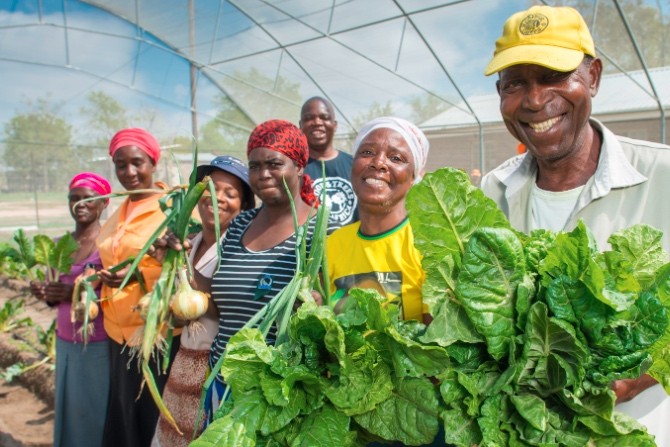
Community Market Gardens projects are integral to the food security of local community (and beyond) while providing the small-holder with a reliable and sustainable livelihood. You can read more about the principles and impacts on the CMG page.
School Food Gardening
The benefits of a rounded diet that is rich in fresh fruit, vegetables and herbs are numerous, especially for kids growing up and their ability to concentrate and perform better in school. That is the most obvious benefit, but there are plenty more:
Benefits of School Gardens
- Improved diet concentration and performance for learners at school.
- Laying a foundation for better lifestyles through the physical activity of the learners.
- Allows for collaboration, sharing, and communication within a community.
- Becomes the bedrock of garden-based learning and education.
- Creates and fosters a a space for relaxation and recreation.
- Provides a source of ongoing education around respect of the environment.
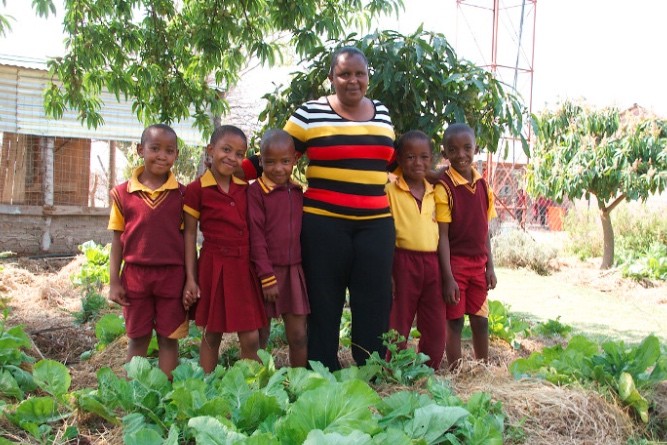
Read more about the outcomes, interventions & Permaculture Starter Packs (PSPs).
FEED Africa
FEED Africa supports emerging organic farmers by providing them four hectares of land. From there, they are then scaled up and provided support in management, training, mentorship and marketing. FEED enables emerging farmers to join the mainstream agricultural economy prioritising local markets and retail prices. Here’s more on Farmer Support & Development.
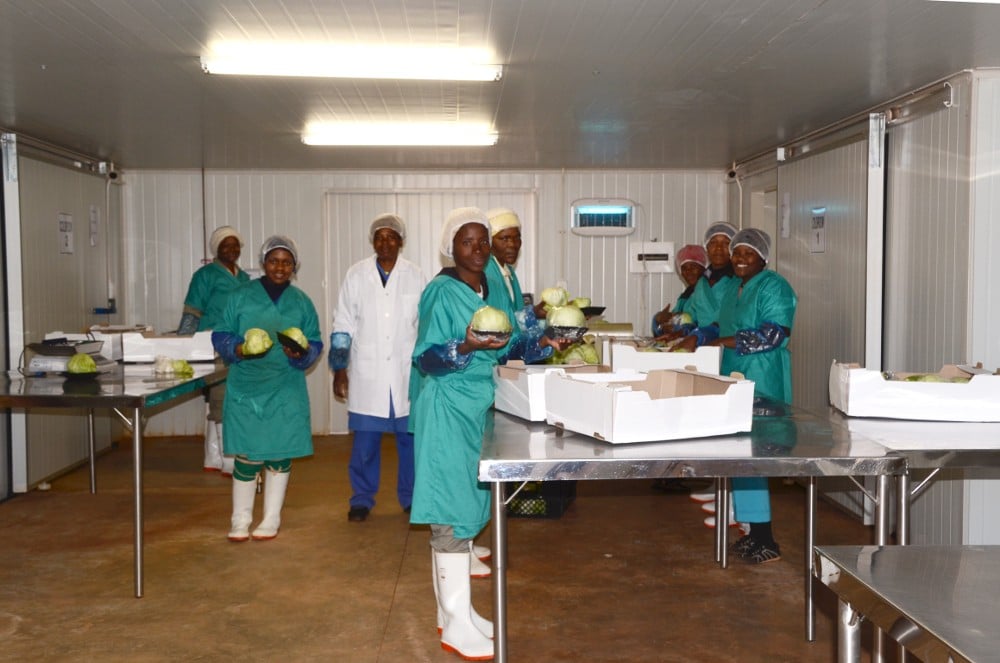
Homestead Gardening
The long-lasting positive effects of homestead gardening for food security in communities can be profound. These gardens have a slightly different focus and utilise permaculture guild theory. They usually include fruit and nut trees, medicinal plants and herbs as a base. The broad idea here is to supplement households with a diverse array of food products throughout the year, and the emphasis is placed on the training of community educators who aid individual households.
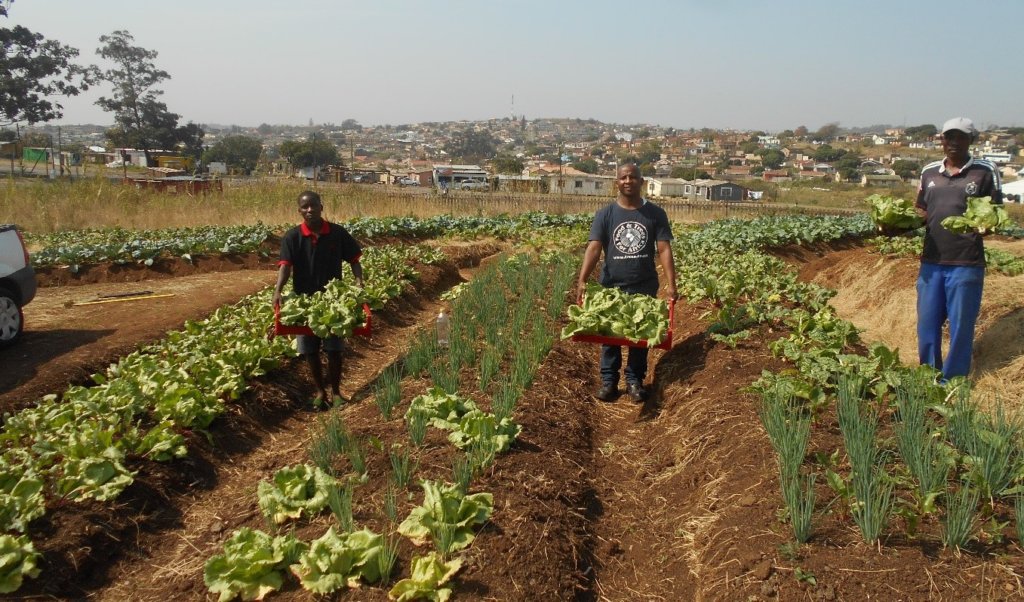
Support Gardens in Homes.
EduPlant
The EduPlant School Gardening and Nutrition Programme focuses on schools, learners, and their surrounding communities. It develops school-linked food security clusters in under-resourced communities and townships.
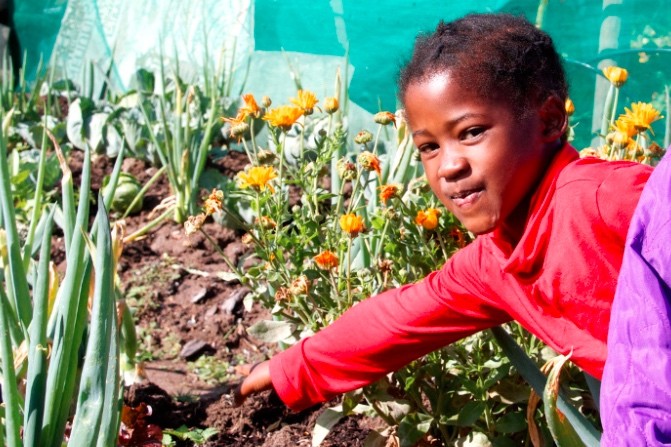
Permaculture theory drives the process but it’s a lot more than just growing food and improving nutrition. Through practical workshops, assessments and feeding schemes, this programme promotes sustainable practices, environmental ethics and holistic thinking by building community networks.
EduPlant was initiated in 1994 and has become the largest and most impactful programme of its kind in Southern Africa.
What are Food & Trees for Africa’s other major branches of work?
Food & Trees for Africa is an established education and skills development organisation in the areas of environment, food security, and agriculture. They also transform shared spaces through community tree planting and take positive steps to counter climate change through the African Climate Reality Project.
Food & Trees for Africa on social media
On Twitter, Food & Trees for Africa is active in promoting and encouraging self-sustainability and community food security. You can also check them out on Instagram.
You can also contact Food & Trees for Africa to get more information on any of the work that they’re doing or gift a tree in the name of a loved one to benefit South African communities.

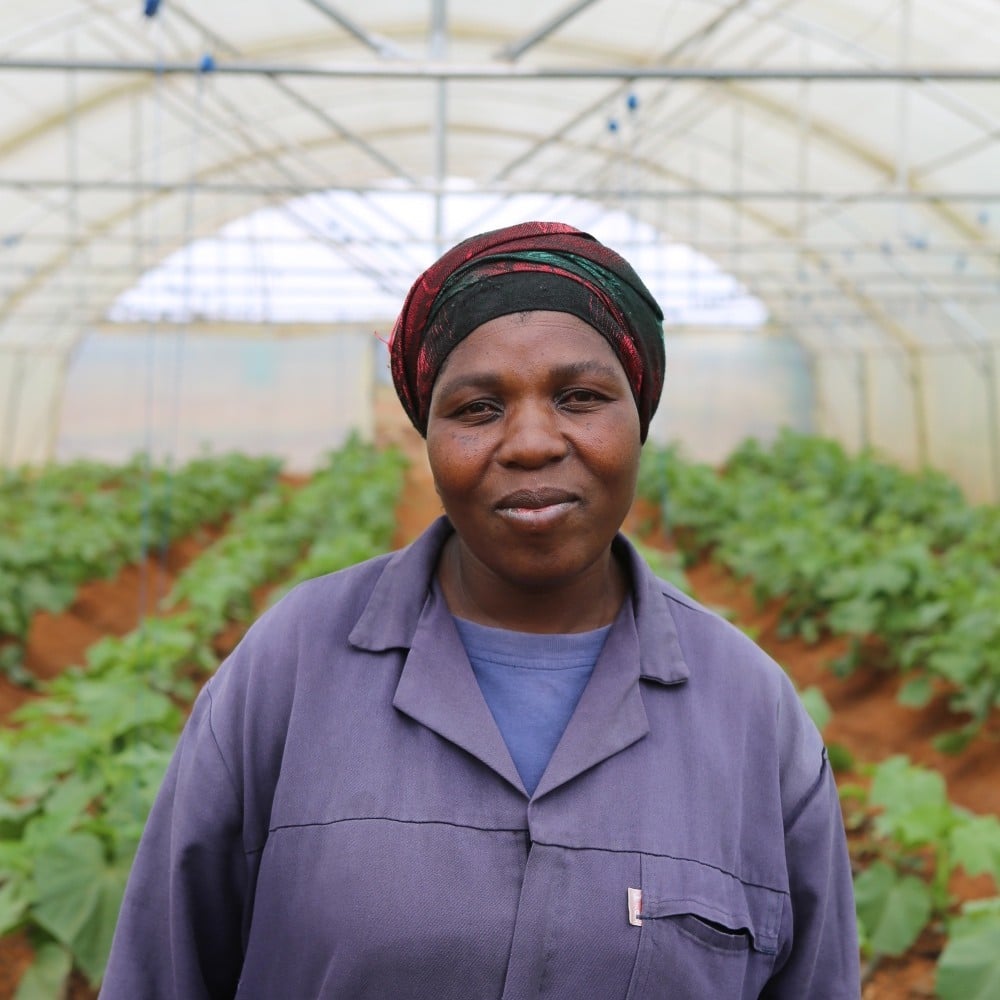
This is awesome I think I get what I was looking for for a long time